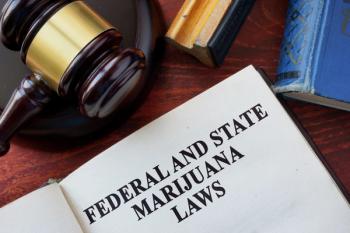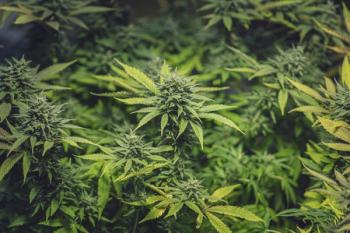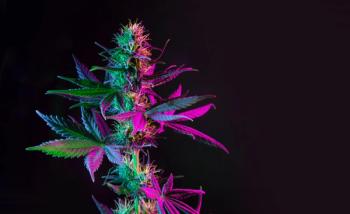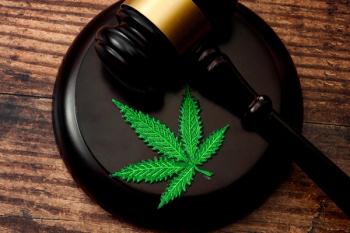
Impact of CBD on the Pharmacokinetics of Methylphenidate
With the rise of cannabidiol (CBD) use, understanding how it can impact the effect of other medications is important.
The use of cannabidiol (CBD) for a variety of medical purposes is expanding and some people using CBD may also take other medications. Previous in vitro research has indicated that CBD could potentially negatively impact certain drug-metabolizing enzymes, such as carboxylesterase 1. Methylphenidate is one drug that utilizes that enzyme. New research examines the effect of CBD on methylphenidate.1
The investigators recruited healthy, nonsmoking adults aged 21 to 45 years. Participants were not allowed to use other prescription or OTC medications, with the exceptions of oral contraceptives for female participants. Supplements and emergency drinks were also restricted. Each participant had 2 visits where they either were randomized to either receive CBD 750 mg, given as 7.5 mL of CBD solution 100 mg/mL of CBD, or 7.5 mL of CBD placebo solution containing no CBD, to be taken twice per day. The pharmacokinetic sampling visit lasted 8 hours where participants were given an indwelling venous catheter; standardized lunch and breakfast; and one 10 mg of methylphenidate dose, as well as a CBD dose that matched what they’d taken prior to the visit. Pharmacokinetics for both methylphenidate and CBD were determined using noncompartmental analysis.
The study recruited 12 subjects, with 2 withdrawing as a result of scheduling conflicts and experiencing nausea. Investigators found that the peak concentration for the CBD and placebo group was 13.5 ± 43.7% ng/mL and 12.2 ± 36.4% ng/mL, respectively, with an area under the curve of 70.7 ± 32.5% for the CBD group and 63.6 ± 25.4% for the placebo group. When compared with only methylphenidate, the geometric mean ratio for area under the curve and peak concentration along with administration of CBD was 1.09 (0.89, 1.32) and 1.08 (0.85, 1.37), respectively.
The investigators concluded that consumption of a clinically relevant dose of CBD “led to minimal effect on the pharmacokinetics of methylphenidate.” This means that CBD is unlikely to produce a significant drug-drug interaction with methylphenidate and may produce similar results with other medications that utilize carboxylesterase 1.
Reference
1. Markowitz JS, De Faria L, Zhang Q, et al. The influence of cannabidiol on the pharmacokinetics of methylphenidate in healthy subjects. Med Cannabis Cannabinoids. 2022;5(1):199-206. doi:10.1159/000527189
Newsletter
Pharmacy practice is always changing. Stay ahead of the curve with the Drug Topics newsletter and get the latest drug information, industry trends, and patient care tips.























